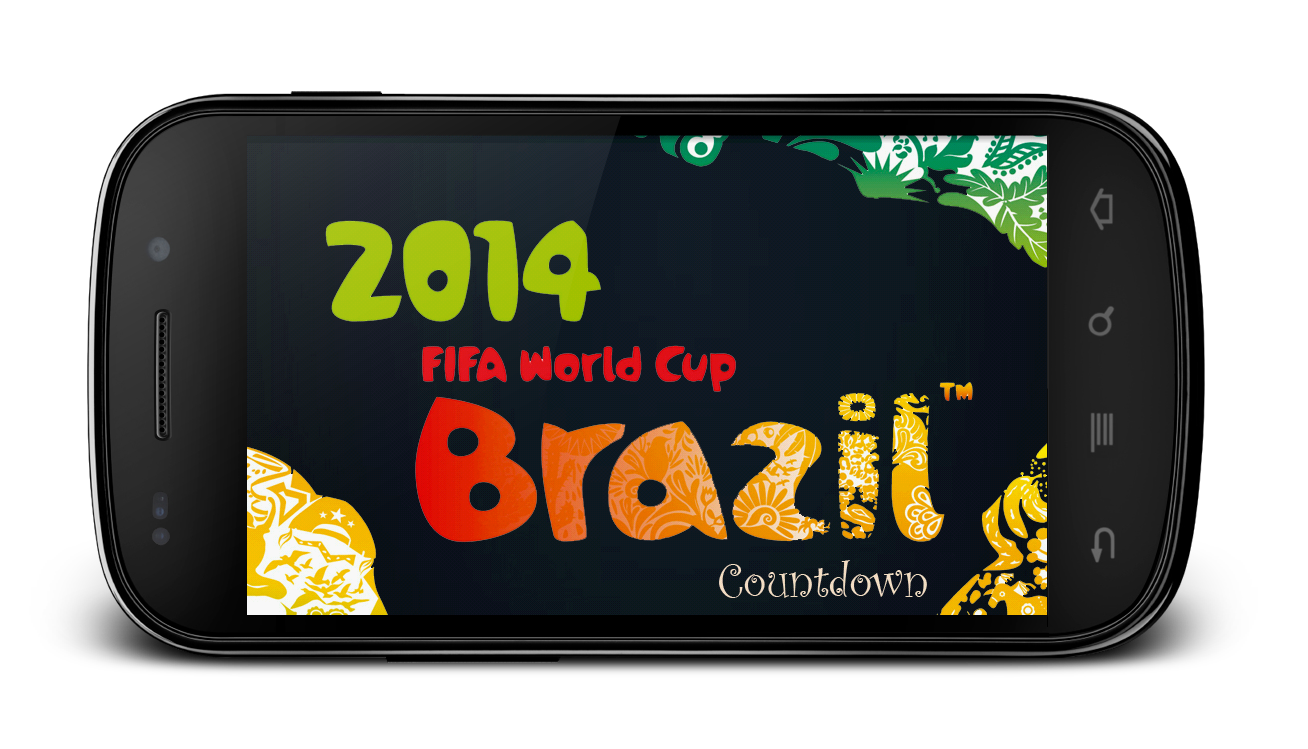As the 20th FIFA World Cup heads to Brazil between 12 June and 13 July 2014, with games set to take place in 12 cities, there have been many protests that threatened to paralyze the South American country in its preparation for the tournament. Brazil's government has been locked in disputes with FIFA, soccer's ruling body, over the delayed completion of stadiums (incomplete seating structures and not reaching the full bleacher capacity are a few examples of problems, as well as unfinished or untested venues that could possibly endanger spectators). These revelations are troubling for several reasons, and discussions are sure to last right up until June 12 kick-off in Sao Paulo stadium, when Brazil will open with Group A playing against Croatia.
With the countdown to the first game already started, there remain many concerns. Another problem currently being evaluated for the FIFA World Cup regards the amount of tickets in demand that are not available for matches. Many soccer fans will be unable to be in Brazil and/or find themselves without a ticket to attend one or more of the games to watch live-play action in the stadium as a spectator. These supporters can, however, join millions of others that embrace technology to follow the event through coverage across TV, radio and online venues (via mobile and social media).
For the latter, mobile devices are sure to take on a pivotal role for the numerous fans across the globe that expect to be able to watch as much soccer as possible, no matter the team, league or country, and be part of the FIFA World Cup 2014 experience. They will also want to share their excitement surrounding the tournament via social media through their smartphones. Many are likely to use multiple devices at the same time during matches. Consumers plan to stream matches on mobile phones and bring up the FIFA.com site (the official digital home of the FIFA World Cup) for the latest news, live scores and digital coverage for every game, including broadcasting, distribution of full matches, commentary video highlights from Brazil, and so on. The official FIFA app, for example, “puts the world’s most-loved game into the hands of fans like never before,” affirms FIFA.

However, the mobile viewing experience, although it allows watching the match ‘live’, is unable to capture high quality video streams; some consumers are put off by poor mobile video quality, as noted in a cellular-news post yesterday. The post reports the findings of an independent survey that interviewed over 2,200 mobile users across UK, Spain and Germany, last month. The participants declared they would love to watch the Brazilian World Cup on a mobile device, but they were dissatisfied with the quality of mobile video experienced in the past and are expecting a similar screen appearance. Consequently, the survey noted that video quality is a great deterring factor from watching the World Cup on mobile; it sounds as if they would rather use a sport app for fan service. Even more, some said they would rather stay indoors with a conventional TV set in order to enjoy higher video quality.
When it comes to pricing and data charges, England fans, for example, are said to have fears of "bill shock" from their operators, the post explains. Subscribers, in fact, could be hit with “eye-watering mobile phone bills of £4,859 if they opt out of automatic mobile data limits imposed by most networks, according to new research from independent price comparison and switching service, uSwitch.com.”
Although mobile video users realize that this is a great way to keep up with the World Cup action, “unfortunately it seems that much of this momentum will be lost through the old perceptions of high price and low quality,” the post states. Across the board, UK-, Spain- and Germany consumers, however, are prepared to pay their mobile operators for high quality mobile video that gives them a great user experience. The research found in the survey commissioned by Openwave Mobility, disclosed the following: 43 percent of Spanish, 34 percent of German and 21 percent of British subscribers said they would be willing to pay the video-service subscription fee for HD quality World Cup footage.
According to John Giere, CEO at Openwave Mobility, “it is now more important than ever for mobile operators to meet the insatiable appetite for mobile video and monetize their data."
Image via http://forwallpapers.com/
 QUICK LINKS
QUICK LINKS